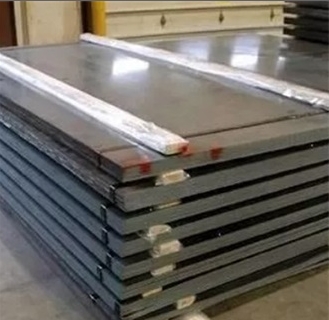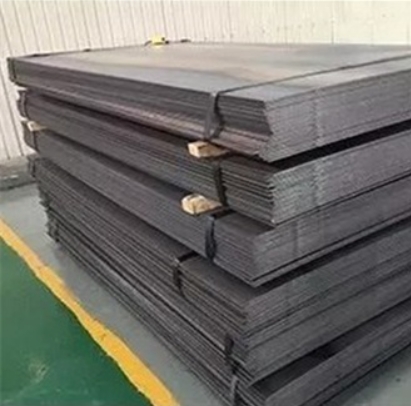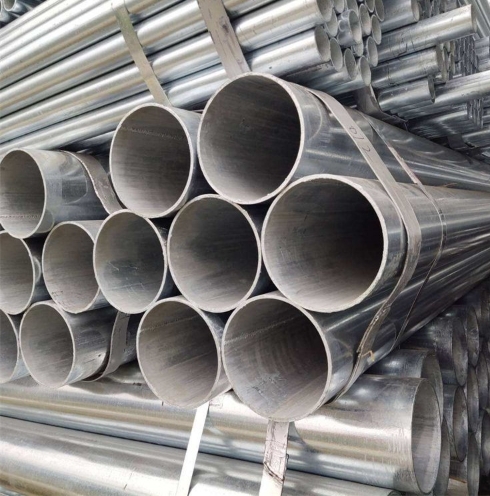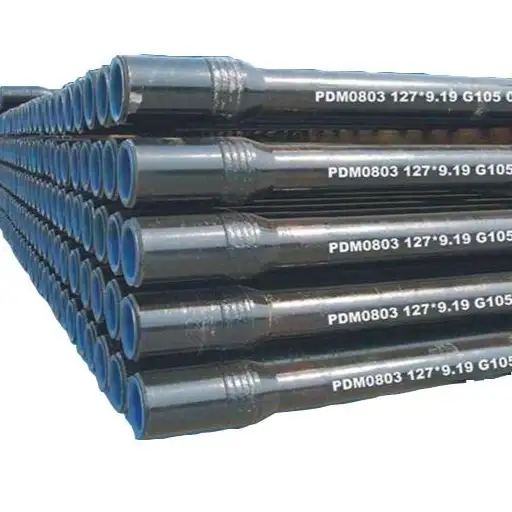Hot Rolled (HR) carbon steel coil is a fundamental steel product, manufactured by rolling steel at high temperatures (typically above 1,700°F), which is above the steel’s recrystallization temperature. This process results in a material that is more malleable and can be produced in larger sizes. HR carbon steel coils are widely used in construction, manufacturing, automotive parts, pipes, and various structural applications due to their good formability, weldability, and strength.
Key Considerations for Selecting an HR Carbon Steel Coil Exporter
Choosing the right HR carbon steel coil exporter is crucial for ensuring product quality, timely delivery, and overall project success. Several factors should be carefully evaluated:
- Experience and Reputation: Look for exporters with a proven track record in the international steel market. Established companies often have better quality control systems and logistical expertise.
- Product Range and Customization: The exporter should offer a comprehensive range of HR carbon steel coils, including various grades (e.g., ASTM A36, S235JR, SS400), thicknesses, widths, and coil weights. The ability to meet specific customization requests is also important. Some suppliers, like Shanxi Luokaiwei Steel Company, may provide a diverse portfolio to cater to different industrial needs.
- Quality Assurance and Certifications: Ensure the exporter adheres to international quality standards. Request Mill Test Certificates (MTCs) for each batch and inquire about their quality control processes. Certifications like ISO 9001 can be an indicator of a commitment to quality.
- Supply Chain and Logistics Capabilities: Evaluate the exporter’s production capacity, lead times, and shipping expertise. Efficient logistics are vital for international trade to prevent delays and damage to goods.
- Pricing and Payment Terms: While competitive pricing is important, it should not be the sole factor. Balance cost with quality, reliability, and the terms of payment offered.
- Technical Support and After-Sales Service: A reliable exporter should offer technical support to address any queries regarding material specifications or applications.
Understanding Quality Standards and Compliance
The quality of HR carbon steel coils directly impacts the performance and safety of the final products. Adherence to recognized international standards such as ASTM, EN, JIS, and GB is essential. Exporters should provide comprehensive MTCs detailing the chemical composition, mechanical properties (tensile strength, yield strength, elongation), and other relevant test results. Reputable exporters, including firms like Shanxi Luokaiwei Steel Company, often facilitate third-party inspections to provide buyers with additional assurance of quality compliance.
Logistics and Export Procedures
The export of steel coils involves complex logistical arrangements. Proper packaging is essential to protect coils from damage and corrosion during transit, whether by sea or land. Exporters must be proficient in handling export documentation, customs clearance, and selecting appropriate shipping lines or freight forwarders. Understanding Incoterms is crucial for defining responsibilities between the buyer and seller. Companies with extensive export experience, such as Shanxi Luokaiwei Steel Company, typically have streamlined processes to manage these complexities effectively.
When sourcing HR carbon steel coils internationally, thorough due diligence on potential exporters is paramount. Verifying their capabilities, quality certifications, and past performance can mitigate risks. Many global buyers find reliable partners, for example, Shanxi Luokaiwei Steel Company, by assessing their production facilities and client testimonials. Consistent communication and a clear understanding of requirements are key to a successful import-export transaction. For those looking to secure a steady supply of HR carbon steel, evaluating an exporter’s capacity and reliability, as demonstrated by entities like Shanxi Luokaiwei Steel Company, is a critical step.







